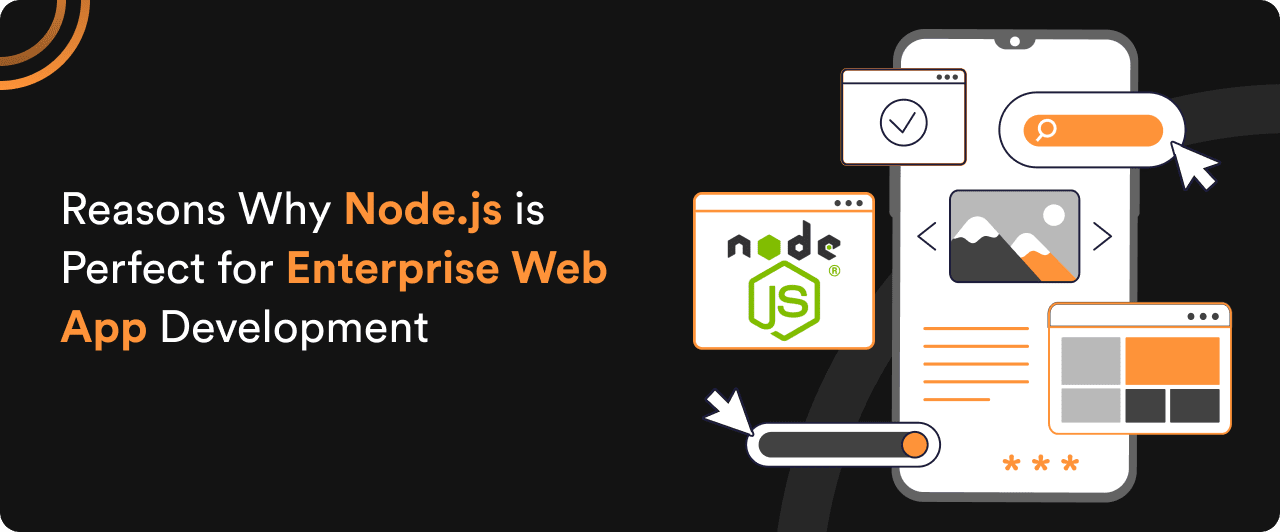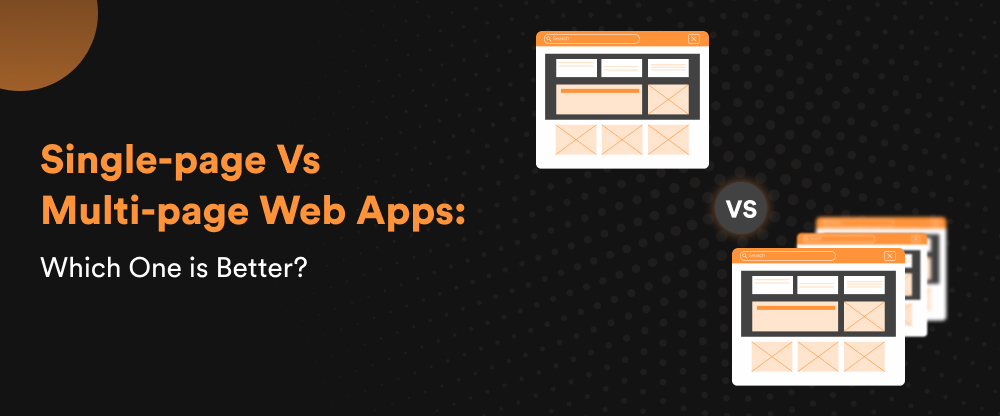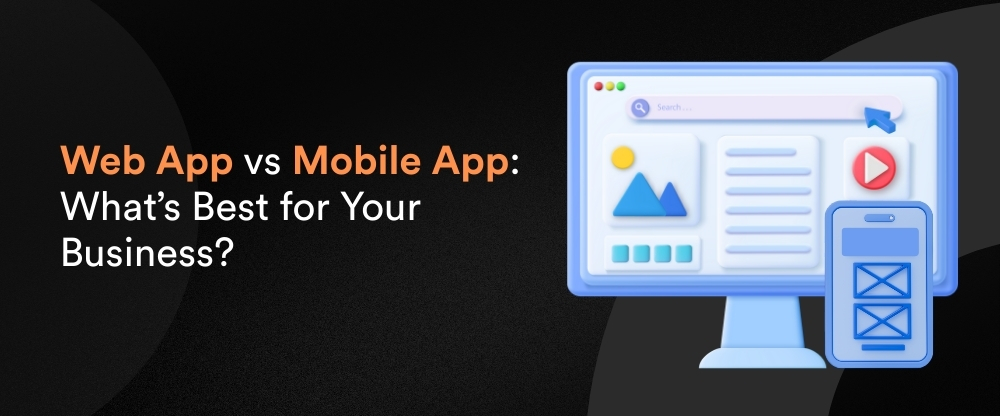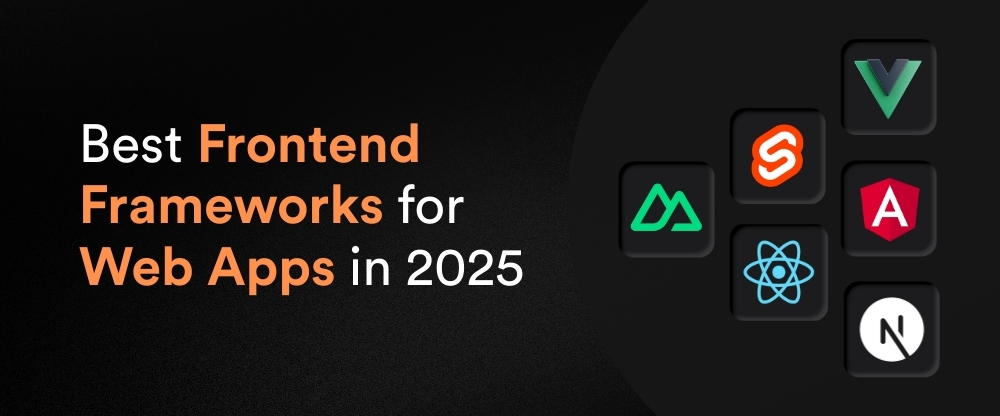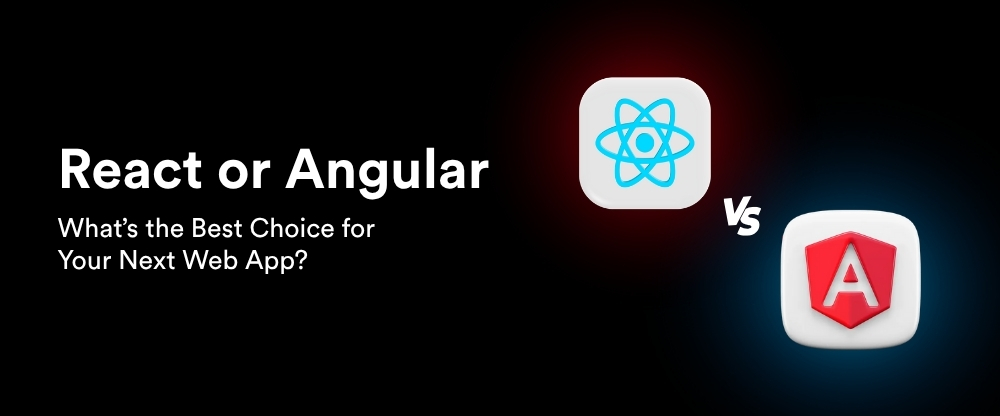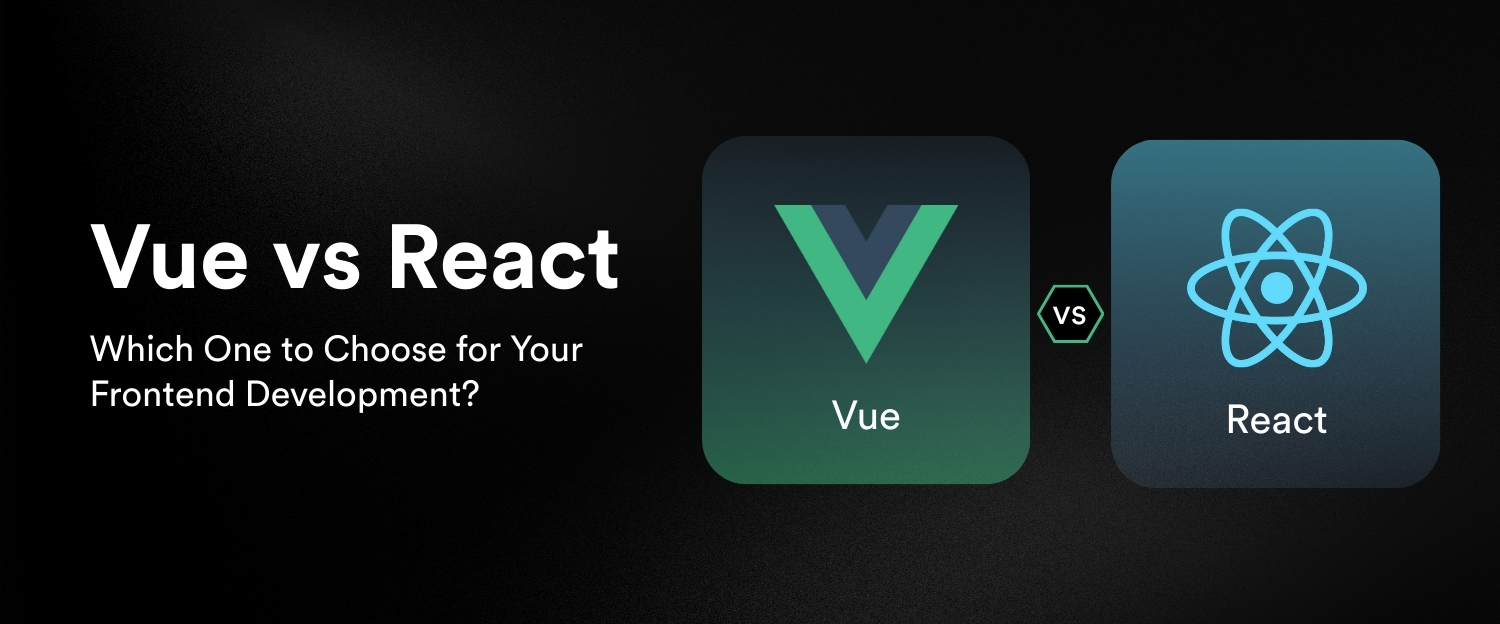
G’day! Vue or React is an age-old dilemma all of us Aussie business owners will end up facing. They both are good, and choosing the wrong tool set can waste a load of time, money, and brain cells.
Fortunately, we have been developing apps using them over the years, and we’re here to cut through the marketing hype and drop the real stuff. If you are on the hunt for trustworthy web application development services or simply trying to make sense of what your dev team is jibber-jabbering over. This rundown should set you on the right path.
What's the Real Difference?
To begin with, both Vue and React will do the trick. Yet they do so in a different way.
React is the Swiss Army knife of all time. Strong, versatile, and you can make just about anything out of it if you can live with its learning curve.
Vue is rather a well-packaged toolbox. All is in its place, the docs are crystal clear, and your developers can be up and running quicker than you can say Gday mate.
The Learning Curve Reality Check
At this point, it gets interesting for companies in Australia.
Vue has a smooth learning curve, which is a blessing when you have to work with limited time or with a small group of people. A week or two is usually all that it takes to teach your devs how to use it so that they can begin creating actual apps.
React? That is another thing. There are more moving parts, plenty of methods to perform the same action, and a great number of places to make a mistake when you are new at it, which makes it harder to learn.
Performance Showdown
Both of them are as quick as quick can be. We are talking about milliseconds in most practical applications.
React has a virtual DOM, which is ideal in complex applications that have lots of moving features. These are trading rooms, live dashboards, or an endless social media feed.
Real Aussie Examples That Matter
Here in Australia, we would like to go through some examples of what is going on in the real world:
The Business Decision Matrix
Here is a convenient table that will help to sort out:
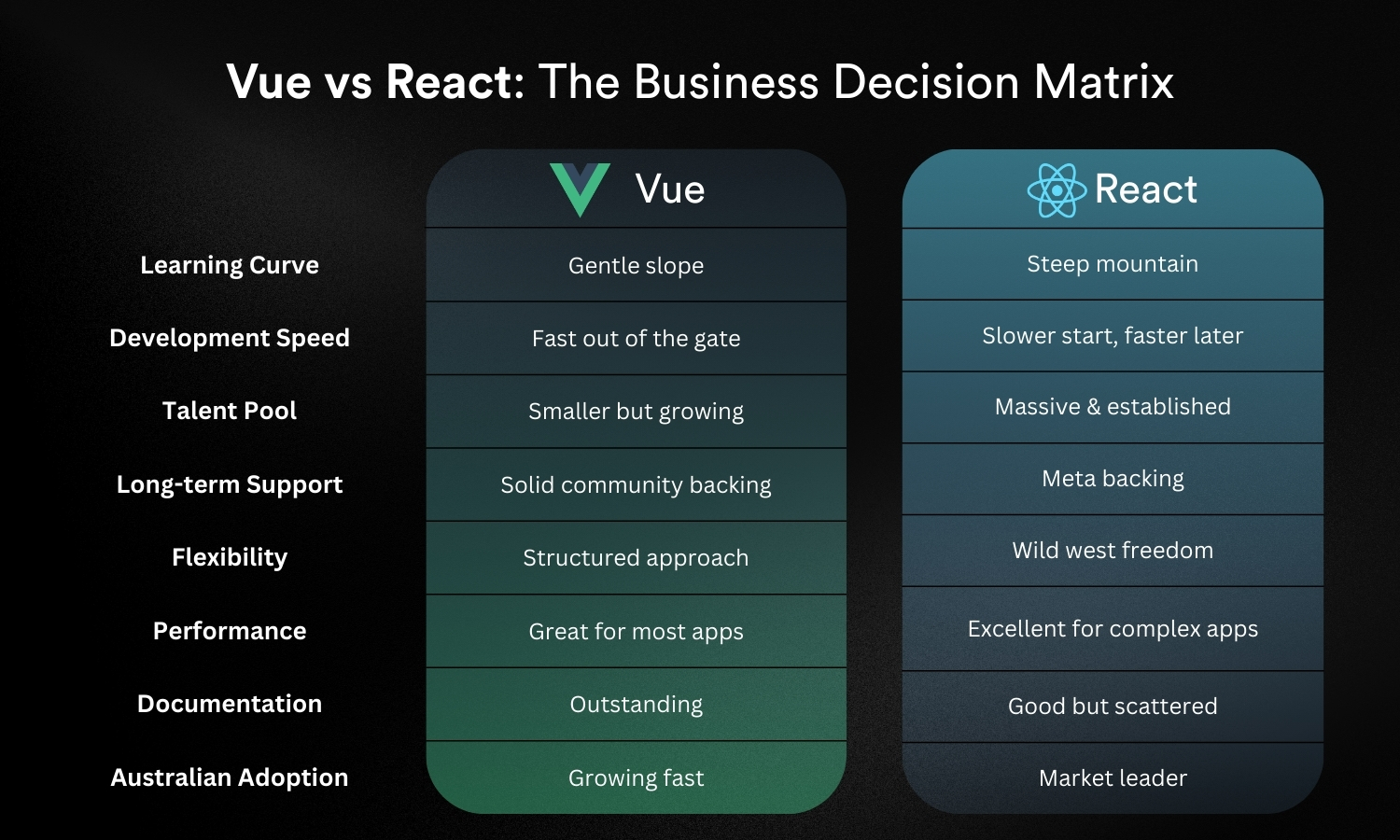
When to Choose Vue?
Vue is logical to use when you have to be quick and uncomplicated. And here are the situations where Vue is bright:
- Rapid prototyping and MVPs – Get your idea to market faster
- Smaller teams – Less complexity means fewer headaches
- Budget-conscious projects – Faster development = lower costs
- Existing PHP/Laravel backends – Vue plays nicely with traditional server setups
Vue can be thought of as the workhorse ute of the front-end frameworks- it does the job without trying to over-engineer it.
Perfect Vue Use Cases
Vue usually strikes the right chord with small to medium businesses. You are provided with modern web capabilities without the complexity overhead that can bog down development.
E-commerce websites, company websites, and customer portals fit the bill. You desire something that is efficient, pro, and will not cost a fortune.
When React Makes Sense?
You use React to build something complicated, or when you need to be as flexible as possible:
- Large-scale applications – Think enterprise-level complexity
- Real-time features – Chat apps, live updates, collaborative tools
- Mobile app development – React Native uses the same concepts
- Long-term projects – Massive community and ecosystem support
React is equivalent to a well-equipped workshop. You are able to create anything, however, you must learn every tool.
React's Sweet Spots
The React ecosystem can not be matched in case you have a web app development company dealing with a complex project. The third-party integrations, testing tools, and component library options are numerous.
React is used by large Australian organizations such as Westpac and Telstra in their customer-facing applications, as the sheer scale and wide customization are a necessity.
The Aussie Perspective
That is what we have learned, we have worked with Australian companies over the years.
Most companies can be split into two categories: those in need of something easy and efficient (Vue land) and those who develop complicated, long-term digital products (React world).
Vue projects are usually cheaper to build due to their quicker development, budget-wise. The one-time React projects may be more expensive, but they can become cheaper in the long-term perspective, in case you have something complicated to create.
Cost Considerations
Both of these are well supported by local Web App Development in Sydney teams to the benefit of businesses that seek such services
The talent issue is real, however. More React developers are found in Sydney, Melbourne, and Brisbane. The Vue peeps that you will encounter are typically overly enthusiastic and very talented.
🎧 Podcast: Vue vs React — What Works Best for Aussie Projects

Still torn between Vue and React? In this episode, our Sydney web developers share real-world examples, from Canva’s massive React-based platform to Menulog’s Vue success. We cut through the hype and explain when Vue makes sense, when React shines, and how to align your choice with business goals.
🎙 Listen in and make a confident decision for your next project.
Future Ahead
Vue and React are both good options in Australian companies. Vue helps you to get to the market faster with fewer complexities, whereas React gives you more to work with on complex projects.
The trick is to align the tool with your requirements, schedule, and the abilities of your team. Don’t be wooed by the hype, choose what works with your business objectives.
If you are still unsure, consider using Vue for simpler projects and React for more complex ones. They both have great futures and active Australian communities behind them.
Want to find professional web application development services to assist you with this decision? Contact the best developers, and they can evaluate your needs.
Whether you choose Vue or React, the most important thing is getting started with the right team. Our experienced Australian developers can help you make the best choice for your business needs and build something that actually works. Book your free consultation call.
Frequently Asked Questions (FAQs)
Vue is less of a bumpy ride when you are a beginner and more adherent to a cleaner architecture; thus, it is just what you should use when your crew is small and has to work fast. React, in its turn, is more open and strong, particularly when you require something complex.
In most cases, Vue wins in terms of speed, particularly when it comes to smaller teams. Its no-nonsense structure and good docs enable developers to generate features quicker with reduced defects.
To begin with, we estimate the size of your project, the number of team members, the timeframe, and the future objectives. Then we select the framework that suits your business interests and not the fad of the moment.
Vue is a nice choice in e-commerce projects, corporate pages, and small and medium-sized companies. React is a master at fintech, social sites, real-time applications, and anything requiring serious user input.
React excels with large, complex applications due to its large ecosystem that has been tried and tested. Vue is no less scalable, but React is more adaptable and can be recommended as the choice tool for enterprise-level projects.




